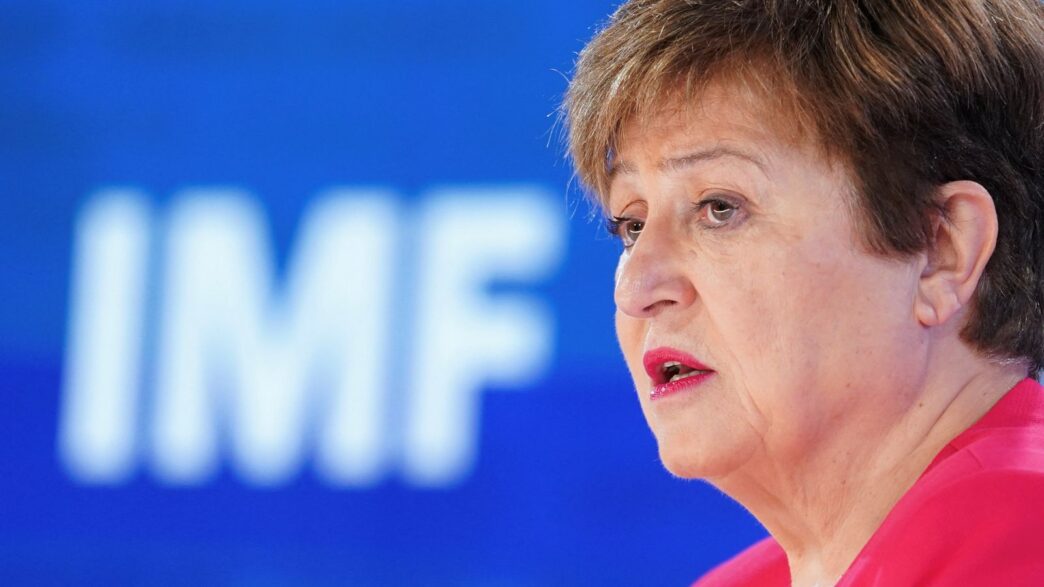The ripping up of the trade rule book caused by President Trump’s tariffs will slow economic growth in some countries, but not cause a global recession, the International Monetary Fund (IMF) has said.
There will be “notable” markdowns to growth forecasts, according to the financial organisation’s managing director Kristalina Georgieva in her curtain raiser speech at the IMF’s spring meeting in Washington.
Some nations will also see higher inflation as a result of the taxes Mr Trump has placed on imports to the US. At the same time, the European Central Bank said it anticipated less inflation from tariffs.
Money: Chef on a classic he’ll never order
Earlier this month, a flat rate of 10% was placed on all imports, while additional levies from certain countries were paused for 90 days. Car parts, steel and aluminium are, however, still subject to a 25% tax when they arrive in the US.
This has meant the “reboot of the global trading system”, Ms Georgieva said. “Trade policy uncertainty is literally off the charts.”
The confusion over why nations were slapped with their specific tariffs, the stop-start nature of the taxes, and the rapid escalation of the tit-for-tat levies between the US and China sparked uncertainty and financial market turbulence.
“The longer uncertainty persists, the larger the cost,” Ms Georgieva cautioned.
“Unusual” activity in currency and government debt markets – as investors sold off dollars and US government debt – “should be taken as a warning”, she added.
“Everyone suffers if financial conditions worsen.”
Read more:
Sainsburys profits top £1bn after closing all cafes and cutting 3,000 jobs
Predators eye bargain deal for struggling discount retailer Poundland
These challenges are being borne out from a “weaker starting position” as public debt levels are much higher in recent years due to spending during the COVID-19 pandemic and higher interest rates, which increased the cost of borrowing.
The trade tensions are “to a large extent” a result of “an erosion of trust”, Ms Georgieva said.
This erosion, coupled with jobs moving overseas, and concerns over national security and domestic production, has left us in a world where “industry gets more attention than the service sector” and “where national interests tower over global concerns,” she added.











